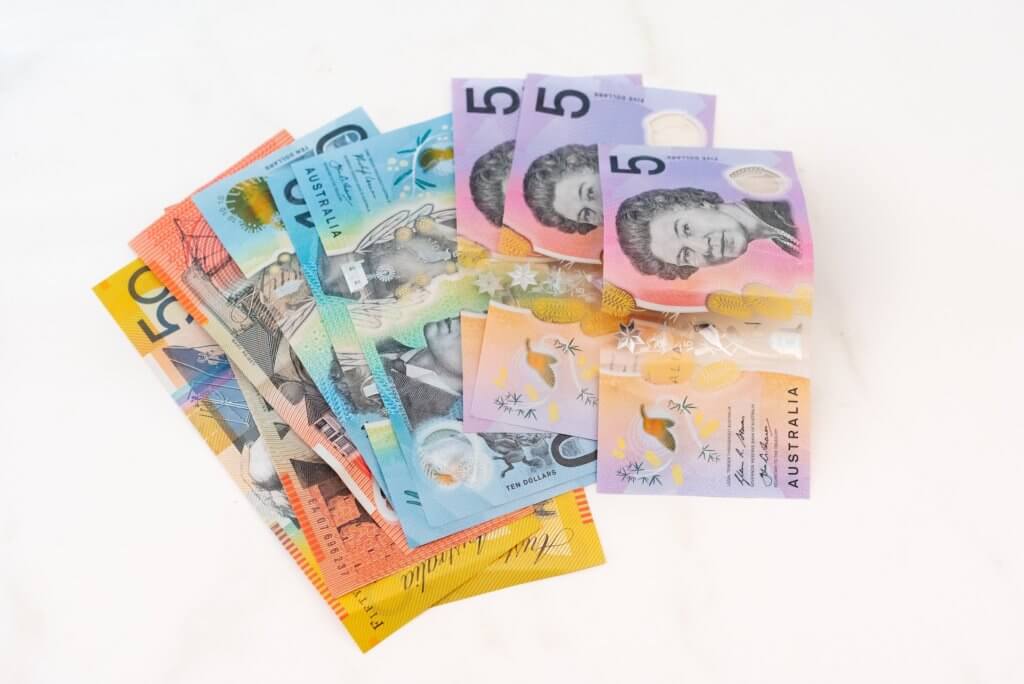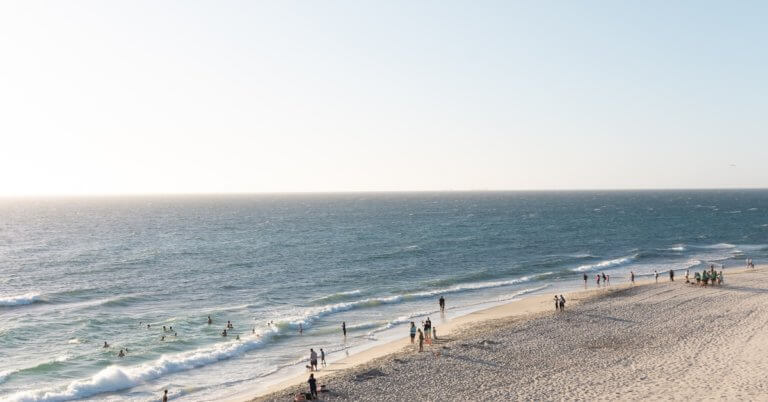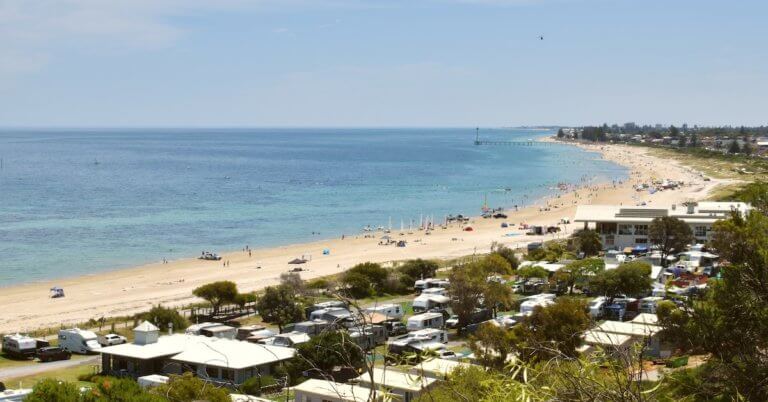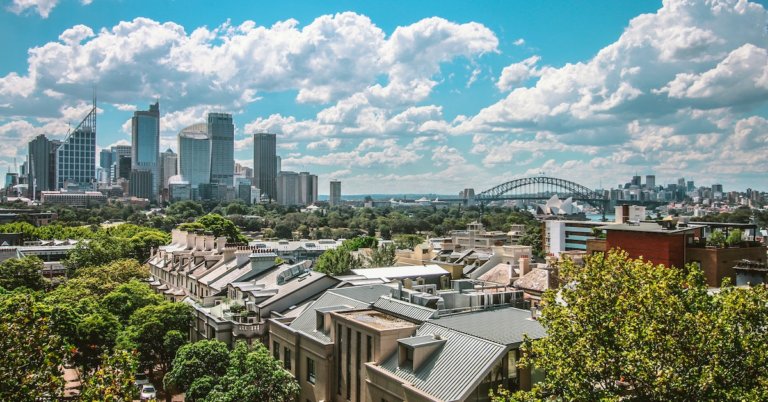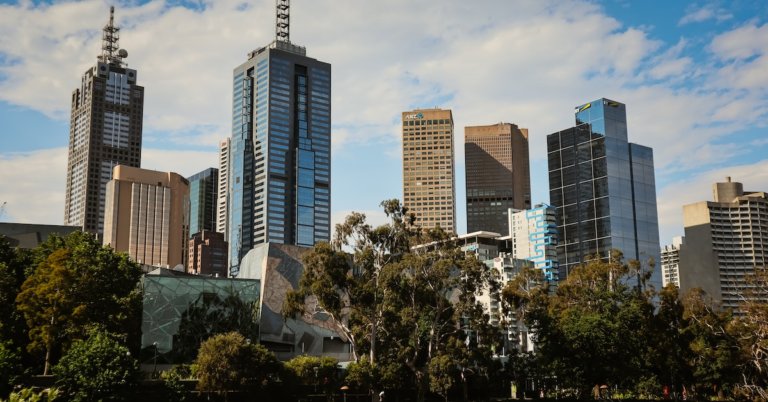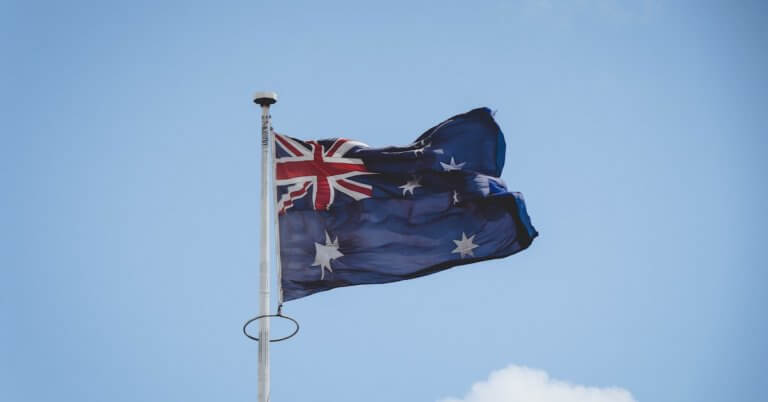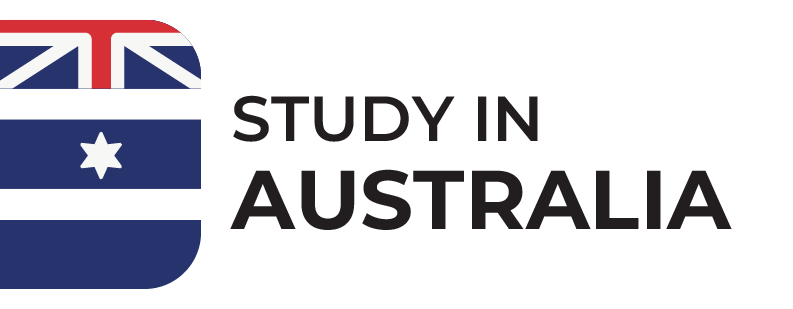You can find some of the best law schools in Australia. This country has set international standards for excellence in education, with seven of its universities being ranked among the top 100 in the Academic Ranking of World Universities 2019. Universities in Australia offer a wide variety of courses in the fields of science, humanities, engineering, management, commerce and law. So, whatever your field of interest is, you will most likely find it in Australia. I mean, from the academic excellence to the unique experience and affordability, there are just so many reasons why you should pursue your degree in Australia.
It is quite common in Australia for students of science, arts, law, or commerce to enrol in combined Bachelor degree programmes, through which they pursue two Bachelor Degrees. Law and Paralegal studies is one of the highest paying study areas in Australia. Male employees receive a median salary of $67,600 per year, meanwhile, female employees receive a median salary of $61,300 per year. The full-time employment rate of Law and Paralegal studies undergraduates in 2019 was 77.3%.
If you have set your mind to studying law, below you will find a list of some of the best law schools in Australia:
Table of Contents
1. The University of Melbourne
The University of Melbourne is ranked first among the top universities in Australia. It is also ranked first when it comes to pursuing a law degree. Graduating with a law degree or diploma from Melbourne would ensure your exceptional position in the job market. Your degree would be recognized as outstanding everywhere you go, within Australia as well as outside of it. At this university, you can choose from a wide range of subjects that balance the essential elements of law. You will be taught by excellent academics and professionals of the field, so you can excel in the job market.
A career in law, at the University of Melbourne, begins with an undergraduate degree in any discipline. Afterwards, in order to qualify as a lawyer, it proceeds with the Melbourne Juris Doctor (JD) graduate programme. This is a 3+3 year qualification, but you will graduate with both an undergraduate and graduate degree, which will set you apart in your professional career.
2. The University of Sydney
Regularly ranked among the world’s top 50 universities, the University of Sydney has been challenging traditions for more than 160 years. The university aims to secure a better future by creating leaders of society and equipping them with leadership qualities. It offers hundreds of scholarships to talented students of all backgrounds, this way promoting inclusivity at all costs. The university offers the following undergraduate law degrees, and numerous postgraduate courses.
- Bachelor of Arts and Bachelor of Laws
- Bachelor of Commerce and Bachelor of Laws
- Bachelor of Economics and Bachelor of Laws
- Bachelor of Engineering Honours and Bachelor of Laws
- Bachelor of Science and Bachelor of Laws
This university also offers programmes in the postgraduate level, such as:
- Graduate Diploma in Business Law
- Graduate Diploma in Criminology
- Graduate Diploma in Environmental Law
- Graduate Diploma in Health Law
- Graduate Diploma in International Law
- Graduate Diploma in Jurisprudence
- Graduate Diploma in Law
- Graduate Diploma in Taxation, etc.
3. The University of New South Wales (UNSW Sydney)
Studying Law at the University of New South Wales means you will be encountered with a distinctive teaching style that focuses on not “what is taught, but how it is taught.” You will be challenged with seminar-style classes, which will give you the skills you need in the job market, through debating and discussions. As you learn from some of the country’s leading scholars and professionals, you will be equipped with professionalism, skills, and knowledge in the field of law, but not only. Some of the double undergraduate degrees this university offers are:
- Bachelor of Actuarial Studies / Bachelor of Laws
- Bachelor of Arts / Bachelor of Laws
- Bachelor of Arts & Business / Bachelor of Laws
- Bachelor of City Planning (Honours) / Bachelor of Laws
- Bachelor of Commerce / Bachelor of Laws
- Bachelor of Computer Science / Bachelor of Laws
- Bachelor of Criminology & Criminal Justice / Bachelor of Laws
- Bachelor of Data Science and Decisions / Bachelor of Laws
- Bachelor of Economics / Bachelor of Laws
- Bachelor of Engineering (Hons) / Bachelor of Laws
- Bachelor of Fine Arts / Bachelor of Laws
4. The Australian National University
The Australian National University is ranked 15th in the world in the QS World Rankings by Subject 2019 for studying law. Known globally, this university has a reputation for excellence in legal education and research. ANU has three main objectives: to shape and influence public policy by paying special importance to the values of law, reform, and social justice; to use their position to help understand and address the major challenges; and to remain a leader in legal education with the success of its graduates as a key measure. It offers the following degrees in the field of law:
- Bachelor of Laws (Honours)
- Master of Laws (LLM)
- Graduate Certificate of Law
- Juris Doctor
5. Monash University
Monash University focuses on empowering people to make a difference in the world, for the better. They have an optimistic outlook to everything they do without being tangled in tradition, cynicism, or convention. Ambition is what pushes this university to strive for excellence. Aiming to set new benchmarks and break new ground, Monash University is among the top universities in Australia, but also one of the top 100 in the world. It offers the following law degrees:
- Laws, Bachelor Degree (Honours)
- Laws and Arts
- Laws and Biomedical Science
- Laws and Commerce
- Laws and Computer Science
- Laws and Criminology
- Laws and Engineering
- Arts and Criminology
- Laws and Engineering
- Laws and Global Studies
- Laws and Information Technology
- Laws and Music
- Laws and Science
6. The University of Queensland
At the University of Queensland, you will be surrounded by a skilled and motivated academic staff who will provide positive learning outcomes for students. University of Queensland has won numerous Australian Awards for University Teaching (AAUT), more than any other university in the country. Excellent teaching is integral to UQ in order to deliver successful learning outcomes and outstanding graduates. This university offers a prestigious honours-level programme in Law, which will help you build all the needed skills to thrive in your professional life. In addition to an honours degree in law, it also offers the following double degrees:
- Bachelor of Laws (Honours)
- Bachelors of Humanities and Laws (Honours)
- Bachelors of Arts and Laws (Honours)
- Bachelors of Business Management and Laws (Honours)
- Bachelors of Commerce and Laws (Honours)
- Bachelors of Economics and Laws (Honours)
- Bachelors of Journalism and Laws (Honours)
- Bachelors of Science and Laws (Honours)
7. The University of Adelaide
The University of Adelaide is ranked among the world’s top 1% of universities. It emphasises innovation alongside a rich history of excellence for more than 140 years. The academic staff comprises of internationally recognised leaders in their field; meanwhile the university’s research is constantly rated “above or well above world standard.” The undergraduate law degrees this university offers are:
- Bachelor of Laws
- Bachelor of Arts (Advanced) with Bachelor of Laws
- Bachelor of Arts (Advanced) with Bachelor of Laws (Honours)
- Bachelor of Criminology with Bachelor of Laws
- Bachelor of Criminology with Bachelor of Laws (Honours)
Graduate Certificates and Diplomas:
- Graduate Certificate in Business Law
- Graduate Certificate in Insolvency Law
- Graduate Certificate in Operational Commercial Law
- Graduate Diploma in Business Law
- Graduate Diploma in Legal Practice
Masters by Coursework
- Master of Laws
- Master of Business Law
- Master of Comparative Laws
- Master of International Trade and Development
8. The University of Western Australia
This university is consistently ranked among the top 100 universities in the world, with a reputation for excellence in teaching, learning, and research. It is always working towards providing world-class education so the community can thrive. The vision of this university is to create “the next generation of global leaders”, and they plan to do this by experience-rich education and reliable research. The University of Western Australia offers the following undergraduate degrees in law:
- Business Law
- Law and Society
Postgraduate Degrees:
- Master of Laws
- Master of International Law
- Master of Taxation Law
- Master of International Commercial Law
- Master of Legal Practice
- Juris Doctor (JD)
- Master of Commercial and Resources Law
- Graduate Diploma in Law
- Graduate Diploma in International Law
- Graduate Diploma in Taxation Law
- Graduate Diploma in International Commercial Law
- Graduate Diploma in Insurance Law
9. University of Technology Sydney
The law school of the University of Technology Sydney offers a dynamic and innovative environment and a high quality of legal education and research. This university is highly regarded for its culturally diverse campus life, the international exchange study programmes, and its excellent staff. At UTS, they focus on distributing knowledge of public value. The law degrees this university offers are:
- Bachelor of Laws
- Bachelor of Business and Bachelor of Laws
- Bachelor of Communication and Bachelor of Laws
- Bachelor of Economics and Bachelor of Laws
- Bachelor of Engineering Science and Bachelor of Laws
- Bachelor of Forensic Science and Bachelor of Laws, etc.
Postgraduate Degrees:
- Juris Doctor
- Master of Laws
- Graduate Certificate in Laws
10. Macquarie University
Macquarie University offers you the options of combining a wide range of study fields. This way, you will acquire diverse skill sets and increase your options in the job market. The majority of law students at this university also study another degree. When you graduate from this university, you will have earned numerous skills, by being challenged to think around problems and provide innovative solutions. Macquarie University offers degrees in the following law-related areas of interest, with each of them having their own range of combined programmes:
- Commercial Law
- Criminal Law
- Environmental Law
- Governance
- International Law
- Law and The Media
- Public Policy and Law
- Human Rights and Social Justice
Overall, universities in Australia are ranked among the top universities in the world, offering top-notch education and a unique student experience. So, studying law at one of these universities will surely make you stand out in the professional world.






